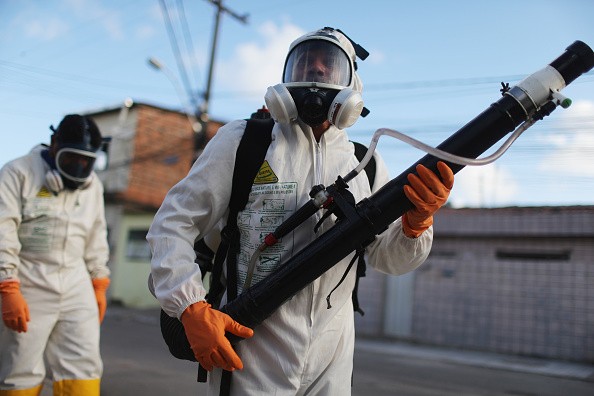A Foreign Ministry spokesman on Monday said that China is eager to help Latin American countries to combat the spread of the Zika virus.
Zika, transmitted by the Aedes aegypti mosquito, has been linked to birth defects and causes symptoms such as fever, muscle and joint pain, nausea, and rashes in adults.
More than 300,000 cases have been reported in Latin America since May 2015, when Zika started appearing in northeast Brazil, and is expected to infect up to four million people by the end of the year, according to the World Health Organization (WHO).
"China supports Latin America's epidemic prevention efforts and is willing to cooperate and provide assistance within our capacity," ministry spokesman Lu Kang said at a regular press briefing.
Lu said that China is paying close attention to the situation as well as developments in containing the Zika virus.
"We remind Chinese citizens going overseas and those in areas where there have been confirmed cases to take the necessary precautions," he added.
The National Health and Family Planning Commission issued a statement on Friday saying that the country is unlikely to face an epidemic as the winter weather keeps the density of mosquitoes low.
China is developing prevention and treatment plans that borrow from the experience of other countries and is currently training health professionals to identify and treat the virus, the commission said in the statement.
Several experts, however, have expressed concern that Zika may still reach Chinese shores.
"The risk for cases [of the Zika virus] to be imported into China is quite high," George Gao, deputy director-general of the Chinese Center of Disease Control and Prevention told Bloomberg on Friday. According to Gao, the type of mosquitoes that can spread the virus is prevalent in large areas in southern China, with coastal regions particularly at risk.
"It is inevitable that our region will have imported cases," said Ben Cowling, a professor at the University of Hong Kong's school of public health. "It is less clear whether our region will have sustained local transmission."



























